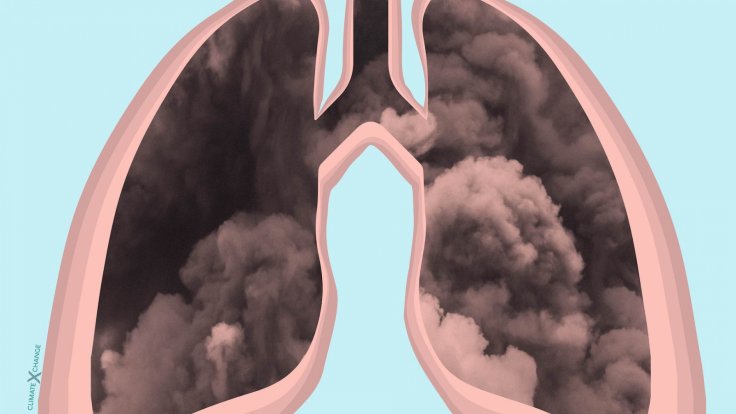People who regularly exercise tend to have a lower risk of high blood pressure (BP), even if they live in areas where air pollution is relatively high, say researchers.
The risk-benefit relationship between air pollution and physical activity is an important public concern because more than 91 percent of people worldwide live in areas where air quality does not meet the World Health Organization (WHO) guidelines.

"Extended outdoor activity in urban areas increases the intake of air pollutants, which can worsen the harmful health effects of air pollution," said study author Xiang Qian Lao from the Chinese University of Hong Kong.
A Solution To Modern Health Problems
"While we found that high physical activity combined with lower air pollution exposure was linked to lower risk of high blood pressure, physical activity continued to have a protective effect even when people were exposed to high pollution levels," Lao added.
According to the study, published in the journal Circulation: Journal of the American Heart Association, the message is that physical activity, even in polluted air, is an important high blood pressure prevention strategy.
A Strenuous Process
For the findings, the research team studied more than 140,000 non-hypertensive adults in Taiwan and followed them for an average of 5 years. The researchers classified the weekly physical activity levels of each adult as inactive, moderately active or highly active.
They also classified the level of exposure to fine particulate matter (PM2.5) as low, moderate and high. PM2.5 is the most commonly used indicator of air pollution. The study found that overall, people who are highly active and exposed to low levels of pollution had a lower risk of developing high blood pressure.

People who were inactive and exposed to highly polluted air had a higher high blood pressure risk. Each increase in PM2.5 level was associated with a 38 percent increase in risk of incident hypertension, whereas each increase in physical activity level lead to a 6 percent lower risk of hypertension. This suggests that reducing air pollution is more effective in preventing high blood pressure.
According to the researchers, the benefits of regular physical activity held up regardless of the pollution level. People who exercised moderately had a four percent lower risk of high blood pressure than those who didn't exercise. "People who exercised at a high level had a 13 percent lower risk of high blood pressure than the non-exercisers," the study authors wrote.









